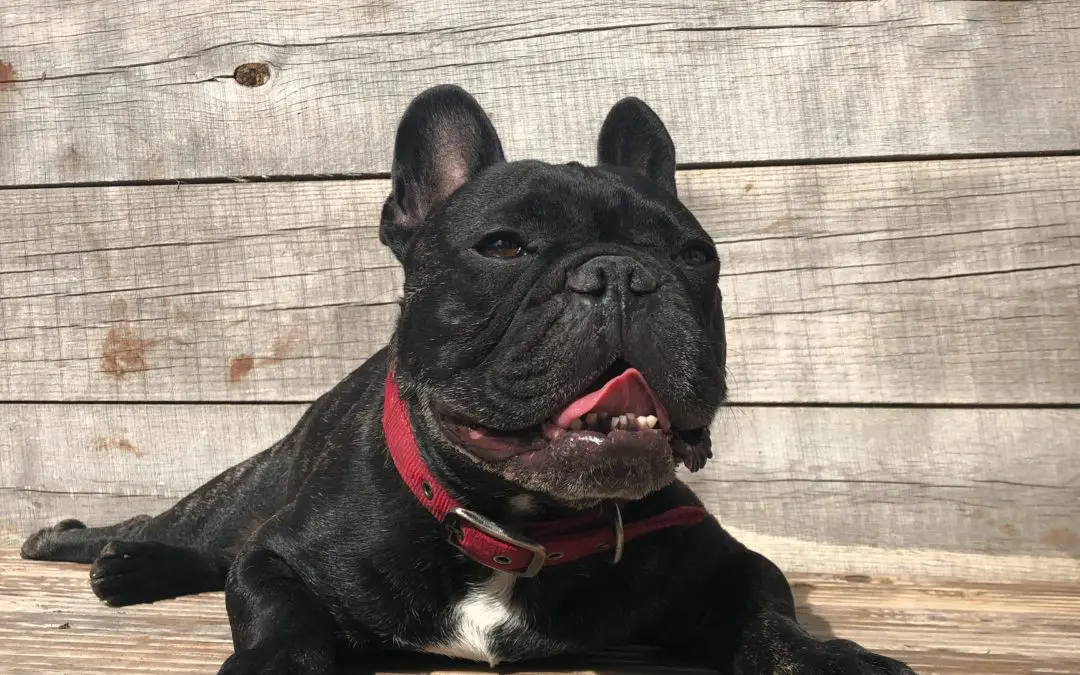You’ve probably noticed that your dog’s breath isn’t exactly minty fresh. It’s normal for a dog’s breath to have a slight odor. But when your dog’s breath is excessively foul, especially long-term, something is likely wrong.
February is National Pet Dental Health Month. In honor of that, our team at East Valley Animal Hospital in Gilbert wants to keep you aware of potential dental health issues. Refer to this guide if you’re concerned about your dog’s bad breath.
Occasional vs. Chronic Bad Breath in Dogs
Reasons for halitosis in dogs vary. In some cases, your dog may have eaten something pungent. Or maybe he’s just never had his teeth brushed. If that’s the case, you should start brushing his teeth every day.
An occasional bout of bad breath isn’t cause for concern. If it’s resolved within a day or two, consider it a fluke. It’s when the halitosis doesn’t go away that you need to worry.
Reasons for Bad Breath in Dogs
Unfortunately, bad breath in dogs usually indicates a health problem. In fact, it’s a known symptom of several illnesses, including:
- Periodontal disease. Gum disease is the most common cause of bad breath in dogs.
- Tooth abscess. Untreated tooth decay or a crack in the tooth can lead to a bacterial infection, running through all three layers of a tooth, and sometimes affecting the gums, too. If you’ve ever dealt with a tooth abscess, you know just how painful it can be!
- Gastrointestinal disease. Bad breath isn’t always due to an oral health problem. It may be due to an issue in your dog’s belly. If he’s eating less and his breath continues to smell bad, call your vet.
- Diabetes. Diabetes produces an easily-distinguishable fruity smell in an undiagnosed dog’s breath. While it isn’t necessarily a bad smell, it’s important to note because untreated diabetes can cause serious complications for your dog.
- Liver or kidney disease. Problems in the liver or kidney are always serious—sometimes fatal. Haliotis may indicate that something is wrong with one of these important organs. If your dog is displaying other symptoms as well, such as vomiting or jaundice, do not take it lightly.
Keeping Your Dog’s Breath Fragrant (or, at least, tolerable)
Taking care of your dog’s oral and overall health will keep his breath fresh. Make sure to follow all of these steps to keep bad breath away.
1. Brush your dog’s teeth every day.
If the process is new to him, it will take him a little while to get used to it. But it’s worth it, as it’ll prevent dental health problems.
2. Feed him the right food.
Low-quality food can cause your dog’s breath to stink. Invest in wholesome brands to keep your dog’s overall health in check. Ask us for recommendations at your next visit!
3. Only buy him dentally-healthy toys and treats.
Certain toys, such as the classic tennis ball, are actually harmful to your dog’s teeth. There are toys and treats available, though, that help your dog’s teeth stay healthy. Ask us about these at your next appointment.
4. Never miss check-ups or cleanings.
Visits to the vet are opportunities to find problems that have developed in your dog’s body before they get serious. Keep your vet visits consistent!
Your Local Vet in Gilbert
This month, turn your attention to your dog’s oral health. If his breath is rancid, or if he’s exhibiting other symptoms of dental issues, give us a call at East Valley Animal Hospital. We know your dog’s health and happiness is your top priority, and it is ours too.
Images used under creative commons licence – commercial use (2/12/21). Image by Mia Knight on Unsplash.

